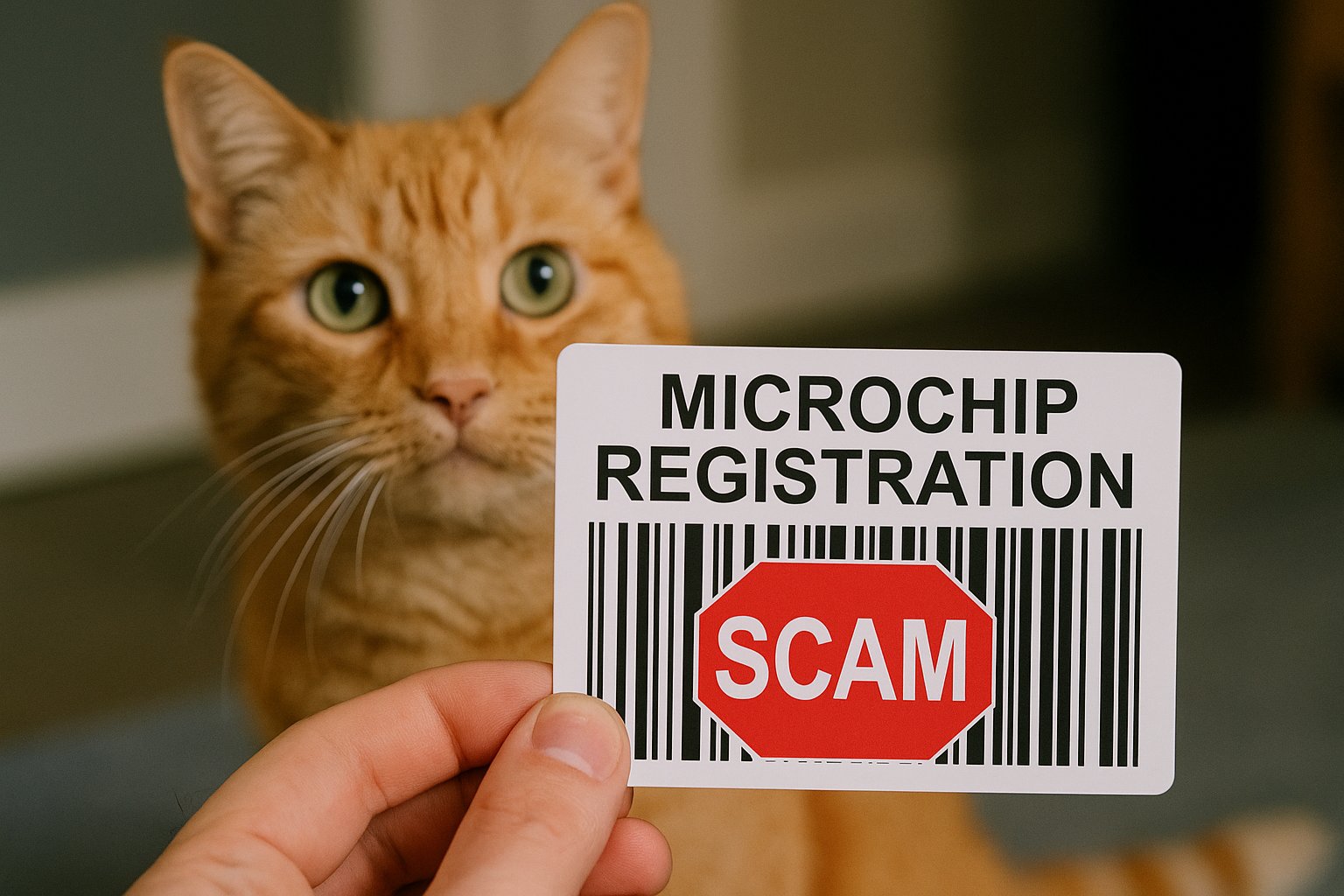In the UK, pet owners are facing a surge in convincing scam emails claiming their pets’ microchip registrations are about to expire. These emails, which appear substantial in their authenticity, have sparked a concerning investigation into the security of microchip data storage. According to a report from Pen Test Partners, the problem extends beyond mere phishing; it encompasses critical flaws in how pet microchip databases manage access to sensitive personal data.
Victims report receiving emails that include specific details about their pets, such as names, breeds, ages, and microchip numbers, prompting them to pay renewal fees through fraudulent sites like PetChip.info. Given that microchips do not expire and the government does not impose annual fees, the legitimacy of these messages has been called into question. The personalisation of the emails raises alarming concerns over the source of this data.
The Department for Environment, Food and Rural Affairs (DEFRA) approved databases are under scrutiny as investigators found several instances where access limitations allow users to retrieve pet details solely with a microchip ID. Weak or missing rate-limiting mechanisms make it possible for scammers to access and harvest vast amounts of personal information swiftly. Additionally, many internal users, including veterinary staff, rely on shared login credentials, further compounding the issue.
Connection to past data breaches also looms large, as previous incidents involving providers like Petlog coincide with an uptick in these scam reports that commenced in late 2021. This pattern, shifting from generic attacks to more targeted ones utilizing specific pet information, suggests that multiple data registries may have been compromised. With inadequate regulatory standards across microchip databases, the absence of stringent security measures continues to italicize the need for reform.
The implications extend beyond financial loss; personal information gathered through these scams can lead to more extensive identity theft. Victims often fail to recognize the scam until after they have lost money and confirmed with their veterinary clinic that no renewal was necessary. Therefore, experts advise pet owners to be vigilant and verify any unsolicited communications with their original registry or vet, emphasizing that microchip registrations do not require renewal unless changing databases. Additionally, they encourage contact with Action Fraud if any suspicious emails are received.

